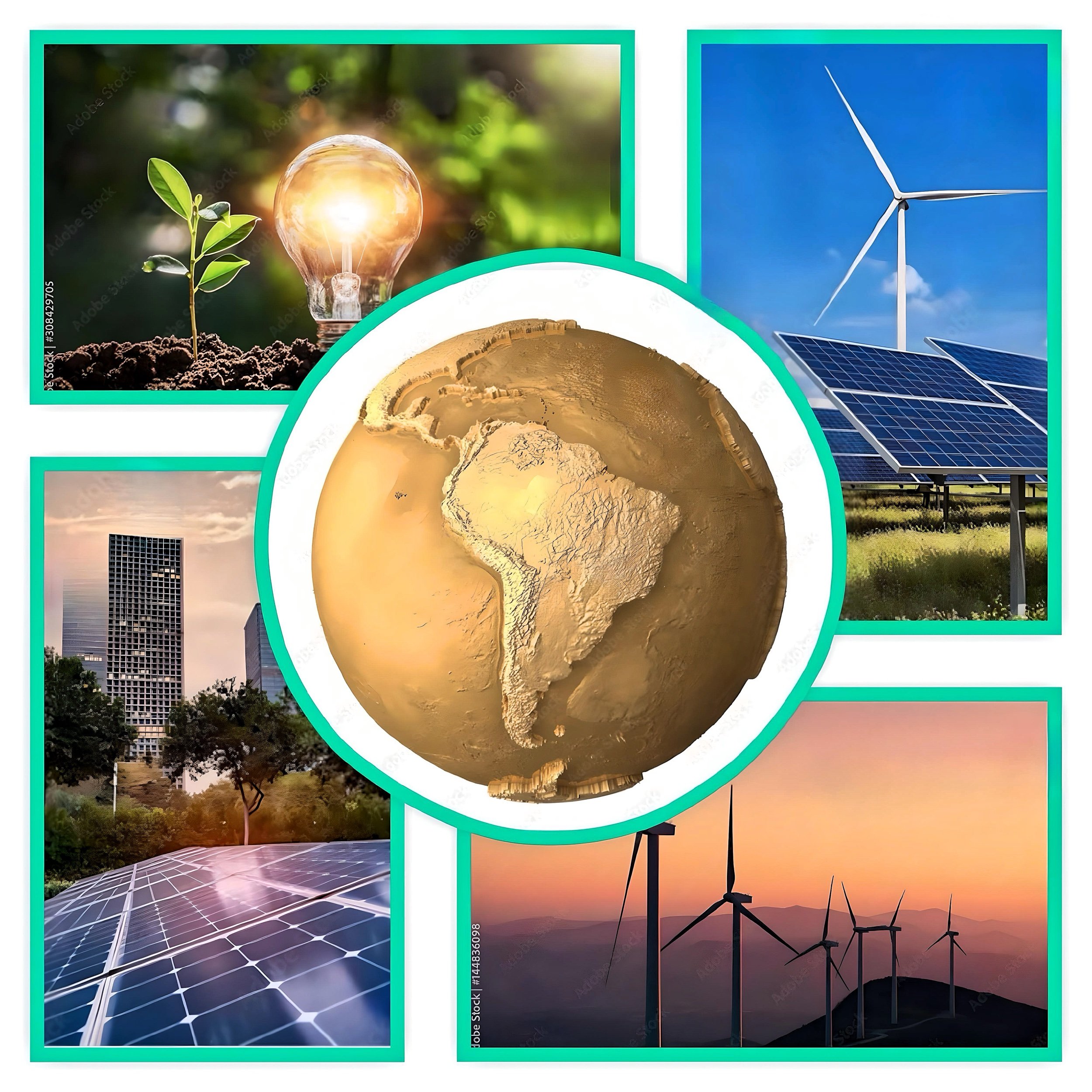Global renewables surge forward despite Trump’s climate reversals, says IRENA chief
The global renewable energy sector continues to surge forward despite political challenges, including the recent re-election of Donald Trump in the United States. Francesco La Camera, Director-General of the International Renewable Energy Agency (IRENA), remains optimistic about the future of renewables, emphasizing that the world has changed significantly since Trump’s first term.
Renewable Energy Progress
Despite record growth in renewable energy deployment in 2023, with a 14% increase from the previous year, the world is still not on track to meet the ambitious goal of tripling renewable energy capacity by 2030. This target, agreed upon at COP28 in Dubai, aims to limit global warming to 1.5 degrees Celsius.
IRENA’s analysis indicates that:
• A higher annual growth rate of at least 16.4% is required to reach the 2030 goal.
• Current deployment rates will fall 13.5% short of the 11.2 terawatt target.
• Solar energy is currently the only renewable source on track to meet 2050 net-zero targets.
Geographical Disparities
The growth in renewables has been geographically uneven:
• Advanced economies and China account for more than four out of every five dollars invested in clean energy since the Paris Agreement.
• Developing countries face challenges in adopting renewables due to high capital costs and debt crises.
Political Landscape and Renewables
Despite concerns about Trump’s potential climate policy reversals, La Camera believes the business case for renewable energy remains “evident and clear”:
• During Trump’s previous term, coal plants in the US continued to close due to lack of economic viability.
• The Inflation Reduction Act, enacted in 2022, offers significant tax incentives for renewable energy technologies.
• Experts suggest that Trump might struggle to undo some of the climate policies introduced by his predecessor.
Future Outlook
IRENA and other international agencies are calling for:
• Concrete policy action and massive mobilization of finance to accelerate renewable energy growth.
• Stronger and more stable policies to attract private investment in clean energy, especially in developing regions.
• A new climate finance goal to be agreed upon at COP29 in November.
As the world prepares for the submission of updated Nationally Determined Contributions (NDCs 3.0) by February 2025, enhancing ambition in the coming months is critical. The renewable energy sector’s resilience in the face of political uncertainties underscores its growing economic viability and the global commitment to a sustainable energy future.







